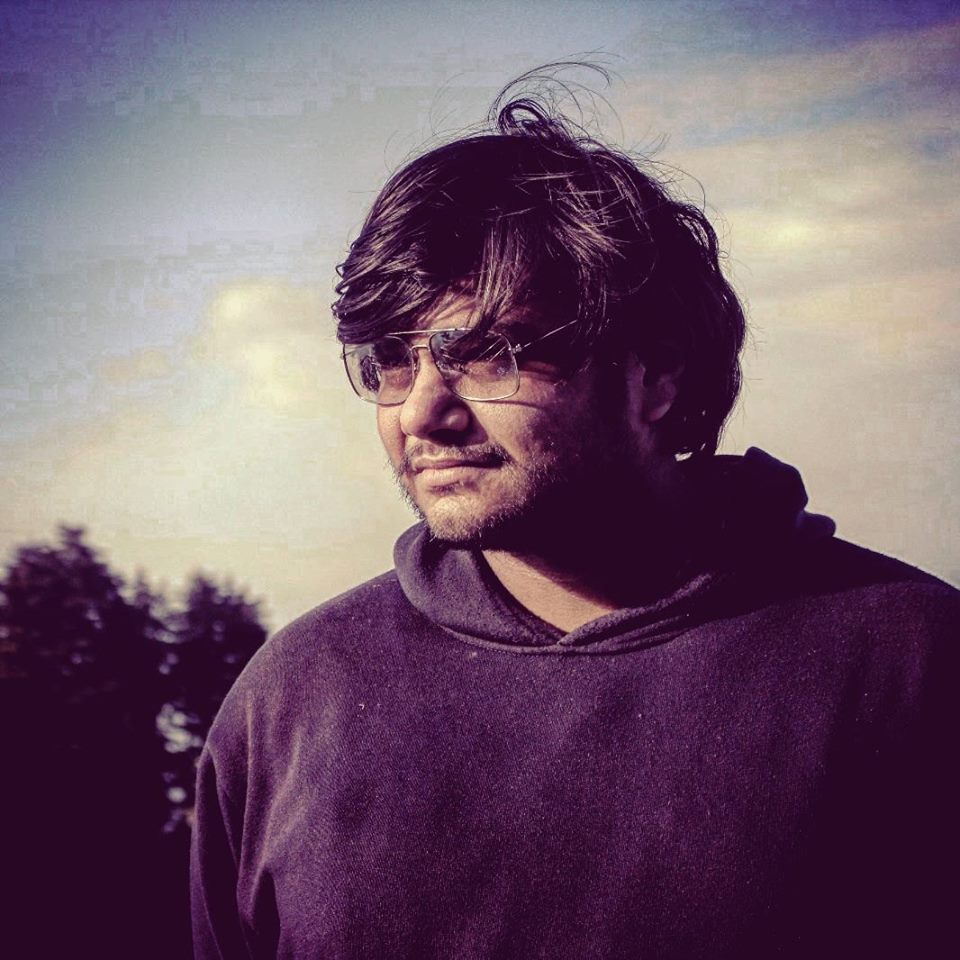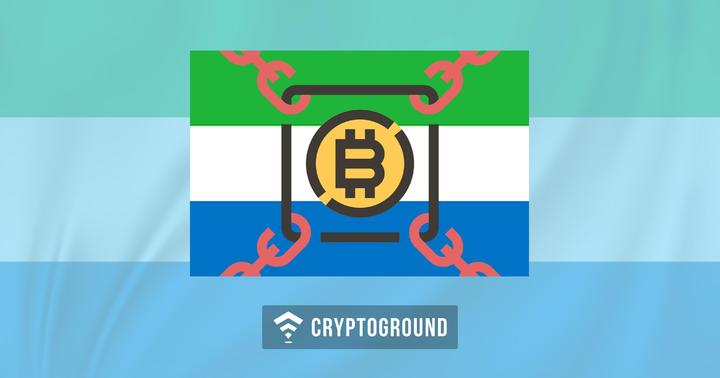The Republic of Sierra Leone is a West African nation which, when Googled, is primarily known for its Ebola outbreak, blood diamonds and war-torn past. However, Sierra Leone finally has something that they could be proud about as they became the first nation in the world to hold a Presidential election based on a blockchain framework.
In a first for any country as well as for the blockchain technology, the government of Sierra Leone tied up with a Swiss startup Agora, which worked on preparing an effective and secure framework for setting up the voting process on a blockchain network. This is a major breakthrough for blockchain technology - and hopefully more countries would adapt to this technology for a transparent and fair voting process.
Agora made use of a custom-permissioned blockchain system which took them two years to build. A permissioned blockchain network allows the system to appoint a group of network participants who have the power to validate block transactions or to participate in the consensus process. Using this kind of a setup, Agora, along with the Sierra Leone officials created history as they held the first ever blockchain based Presidential elections on 7th of March, 2018.
The votes in the ballot were counted and confirmed by organizations such as Red Cross, Swiss Federal Institute of Technology, and the University of Fribourg. Leo Gammar, the CEO of Agora, said in a statement, “I am grateful to Sierra Leone for showing the world how visionary they are in bringing free and transparent elections to their people.”
This was a historic election in the history of the nation for more than one reason. While the inclusion of blockchain in electoral counting is an innovative idea - another reason was that for perhaps the first time, there were two candidates who had a strong chance of winning the election. Out of the 16 candidates who were contesting for the post, there was a strong possibility of more than two people having a chance at becoming the President. Historically, the fight has always been between members of the All People’s Congress (APC) party and the Sierra Leone People’s Party (SLPP). However, with 16 contenders - this election could have been anyone’s ball game.
This election was a landmark for electoral systems all around the world. With a strong need of infusing transparency into political systems plagued by corruption and manipulation, the blockchain system can help infuse transparency as these systems are considered tamper-proof. It is expected that many countries around the world will soon use blockchain systems for various political and economic verticals.
Canada has already been making use of blockchain based systems for tracking funds and grants given to educational institutes. India too, has started off with a program where students will be awarded a degree stored in a blockchain ledger. As per Jaron Lukasiewicz, Agora’s COO, “All elections in the future will use blockchain voting systems. Blockchain is the only technology in existence today that can offer a fully-transparent platform for verifiably honest elections.“
























